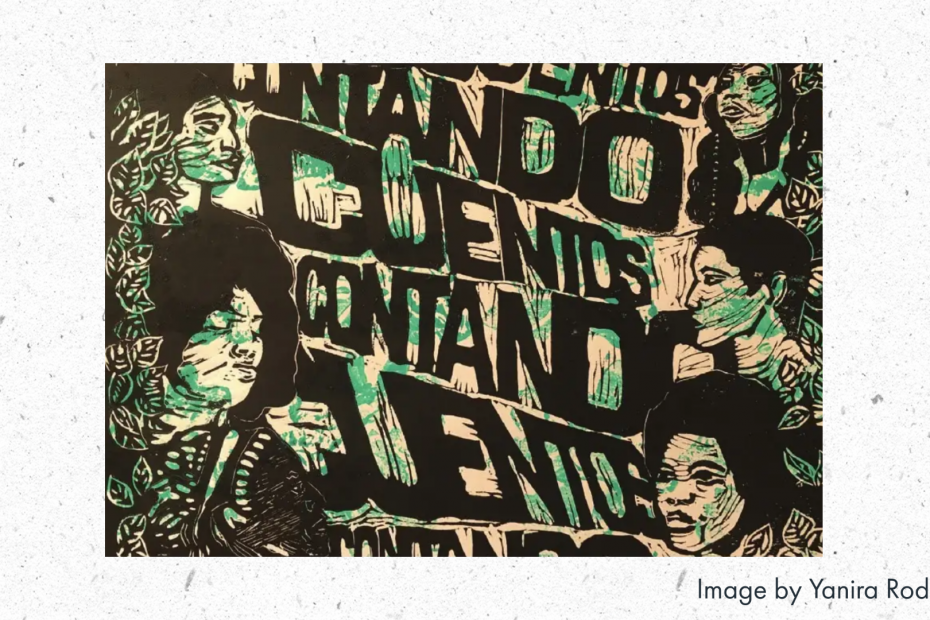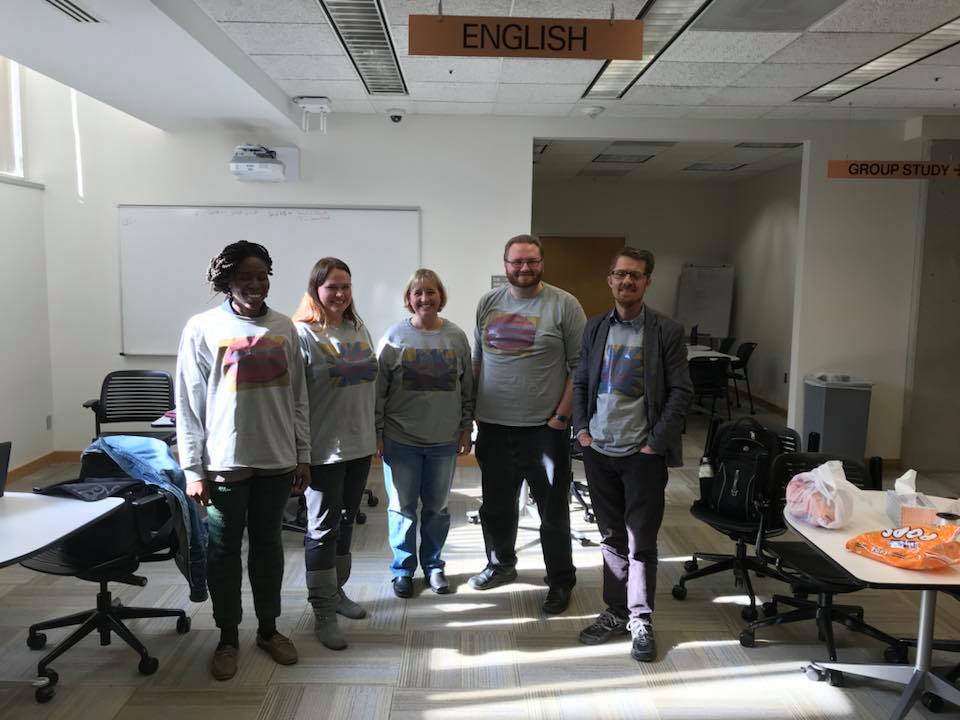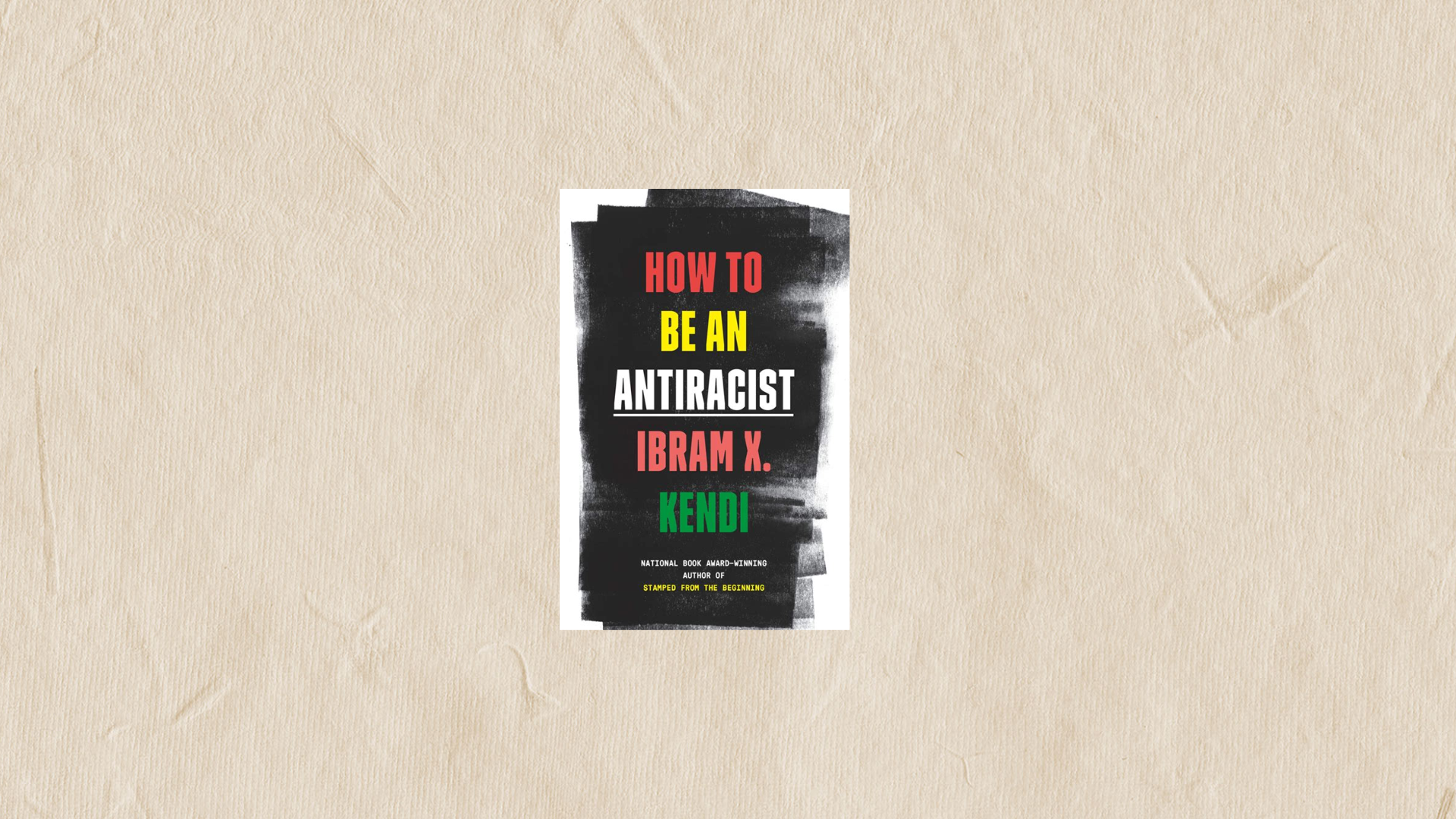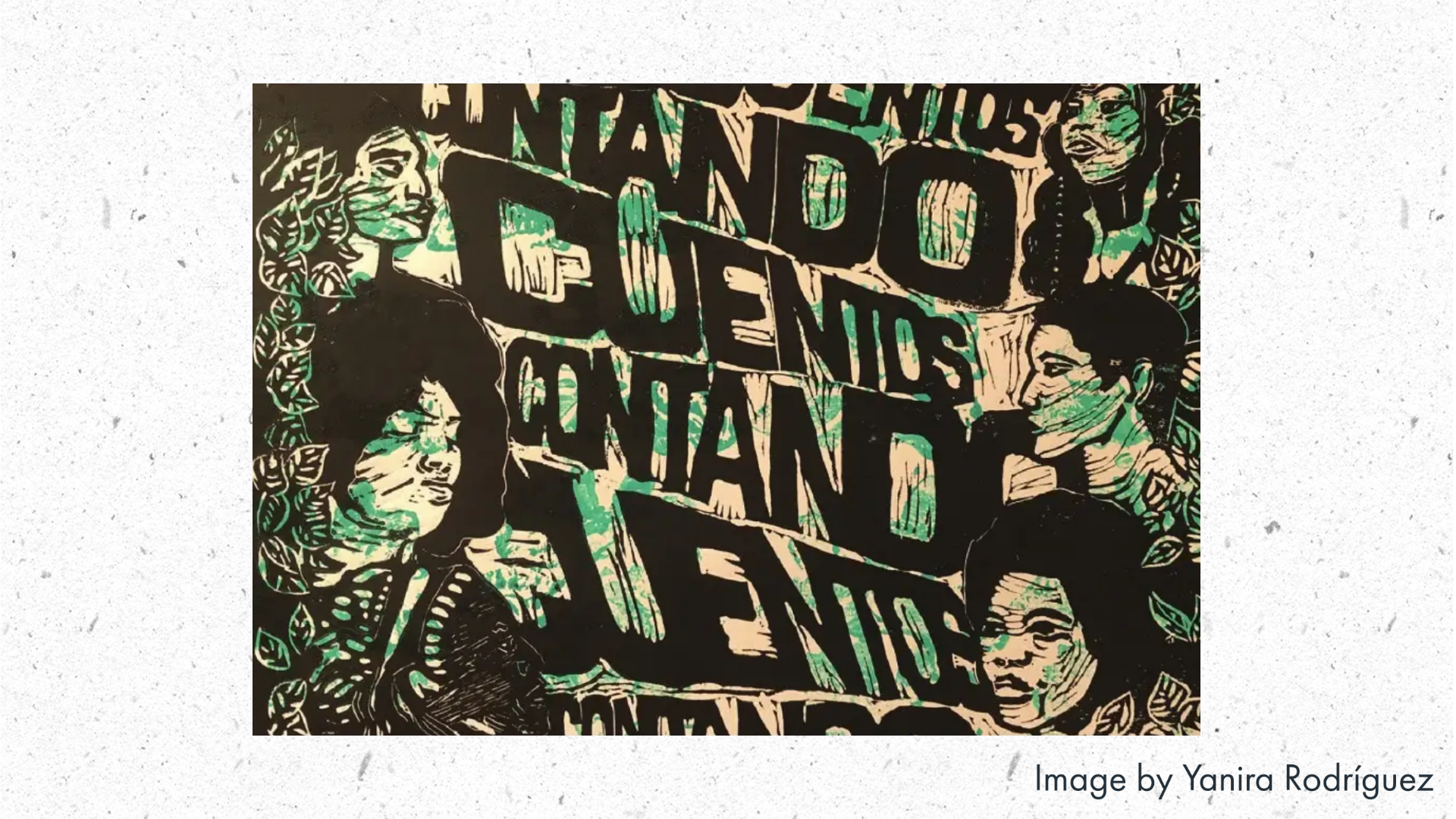Aja Y. Martinez starts chapter 1 of her book, Counterstory: The Rhetoric and Writing of Critical Race Theory, by reprinting the feedback from manuscript reader reviews from journal article submissions, all of which praise her work but then suggest she needs to more explicitly define and defend counterstory as a methodology for her work. Martinez directly responds, “I believe that we’ve all been telling stories all along, but some stories are elevated to the status of theory, scholarship, and literature, while, too often minoritized perspectives relegated to marginalized or overlooked ‘cultural rhetorics’ methods or genres” (2). In another way, her response is the entire book which carefully uses both traditional and counterstory methods to defend counterstory as an academic methodology.
To me reading Martinez was a natural inflection point in my journey in engaging these issues of race and gender. In part because I could practice my listening and ask questions as we met as a small group in the department to discuss issues of equity in the classroom and in our scholarship. Something most of us hadn’t done in a while because of COVID and our other departmental concerns. And an inflection point because Martiniz goes big.
She questions the very foundational and methodological grounds by which we confirm evidence, our practices as writing teachers, and the formation of a discipline. She disrupts the flow of power by time-traveling back 30 years to imagine, or maybe embody is the better word, a conversation where she advocates for critical race counterstory as a rhetorical methodology with Eight big historical figures in composition: Berlin, Connors, Crowley, Enos, Jarratt, Johnson, Swearingen, and Vitanza (65-68). Later Martinez creates an autobiographical reflection octalog where she serves as writer, narrator, and participant in imagined conversations with key critical race theorists such as Kynard, Gilyard, Villanueva, and Condon.
This is important for what I’m saying here because these embodied, well-researched, and lively conversations directly address issues of race and gender in our discipline of composition. But also, and more importantly, because Martinez offers counterstories, counterevidences, counterimagings, counterreasonings. It’s daring and disruptive. Maybe we as a department will need to creatively reimagine the ways in which we communicate and work to understand one another. I’m confident for me personally there’s little to lose in reimagining how I view my personal history and the history of the department. It may be my only hope of recapturing a sense that words and sentences can indeed lead to understanding and healing.
I’m not sure how to tie all this up together in a nice neat finish. Martinez’s book came last in my journey so there’s that. But, also, her work is both less accessible to me and yet more foundational. At times in reading her book, I am unclear exactly who is speaking and how they are speaking to one another. It’s disquieting as academic work and yet quite exciting. Martinez reminds me that there will be uncomfortable and confusing moments ahead. And that there are always fundamental ways of countering the dominant narrative and it is not logical or healthy to dig in, prop up, or get defensive. These counterstories have always been there in our department, but we just haven’t had access to them. We are in the midst of hearing several counter-stories/evidences/imaginings/ reasonings which disrupt the traditional linear progression narrative of our ever-growing and improving department and…that’s ok, necessary, vital.





